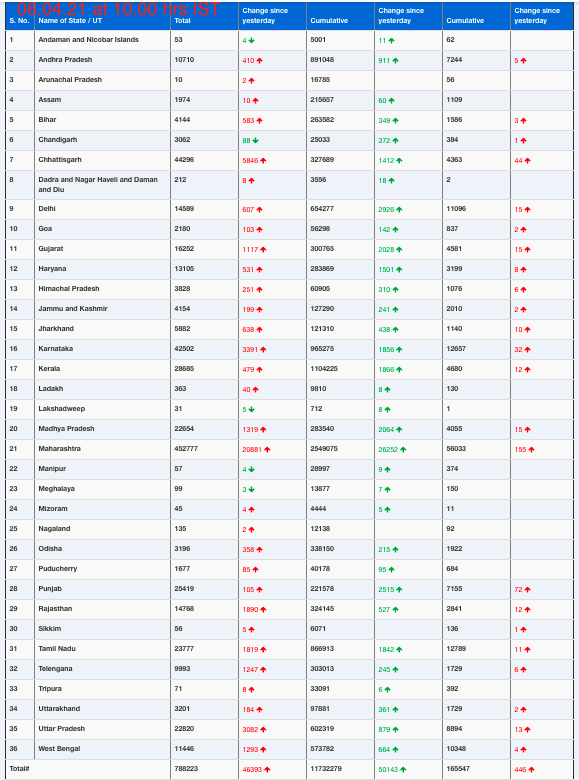A drug initially developed to treat pancreatic cancer is now showing significant potential in combating medulloblastoma, the most common malignant brain tumor in children. This promising discovery was detailed in a recent study published in the Journal of Clinical Investigation.
Triptolide and Minnelide: A New Hope
The drug in focus, triptolide, is extracted from a vine used in traditional Chinese medicine. Its water-soluble prodrug version, Minnelide, has demonstrated the ability to increase symptom-free survival in preclinical models of medulloblastoma without exhibiting signs of toxicity. A prodrug like Minnelide is an inactive compound that the body converts into an active drug through enzymatic or chemical reactions.
Focusing on the Most Aggressive Subtype
Survival rates for medulloblastoma vary across its four subtypes, with the worst rates historically found in Group 3, where survival is about 40%. The study, led by Jezabel Rodriguez Blanco, an Assistant Professor at the Medical University of South Carolina, specifically targeted Group 3. This subtype is particularly challenging due to the high levels of the MYC oncogene, which drives the cancer’s aggressiveness.
Targeting the MYC Oncogene
Triptolide’s effectiveness stems from its ability to target the MYC oncogene, which is dysregulated in approximately 70% of human cancers but is present at even higher levels in Group 3 medulloblastoma. The study found that the efficacy of triptolide increases with the number of MYC copies a tumor has, making it 100 times more effective in Group 3 tumors with extra MYC copies.
Promising Preclinical Results
Blanco’s research also revealed that Minnelide could significantly reduce tumor growth and the spread of cancer cells to the leptomeninges, the thin tissues covering the brain and spinal cord. Moreover, Minnelide enhanced the efficacy of the chemotherapy drug cyclophosphamide, which is currently used in treating medulloblastoma.
Next Steps: Clinical Trials
Minnelide is currently undergoing clinical trials for various cancers in adults, including pancreatic cancer. The encouraging results from the preclinical studies on medulloblastoma could pave the way for similar trials in pediatric patients, offering hope for improved treatments for this aggressive brain tumor.
The groundbreaking findings provide a new avenue for potentially life-saving treatments for children with medulloblastoma, especially those with the challenging Group 3 subtype. As Minnelide progresses through clinical trials, the medical community remains hopeful for a new, effective therapy against this devastating disease.












